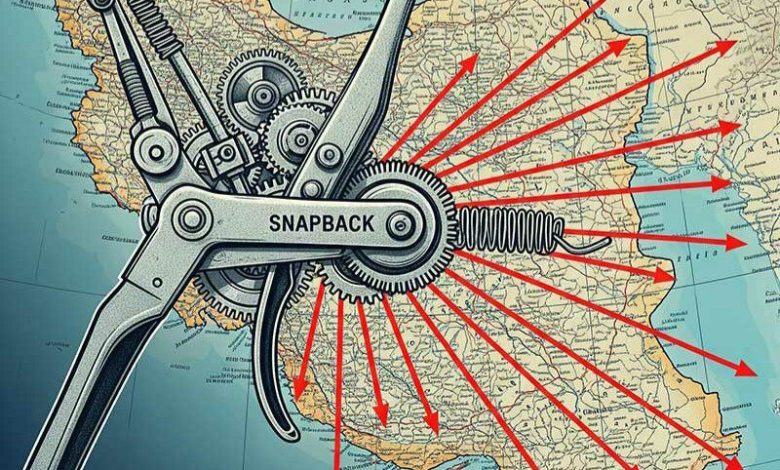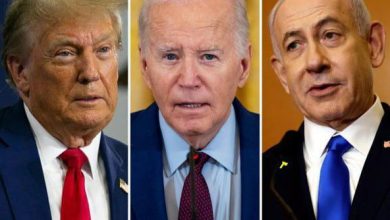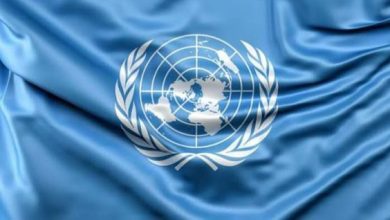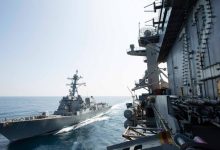Reuters news agency reported moments ago, citing a statement by the Troika (Britain, France, and Germany), that the process of implementing the trigger mechanism and returning the United Nations Security Council sanctions against Iran has been activated by the three European countries.
The Troika statement said: “We call on Iran to refrain from any escalating actions after the activation of sanctions.”
This mechanism, which operates under Security Council Resolution 2231 (2015), restores all previous UN sanctions against Iran’s nuclear, missile and weapons programs, including a ban on arms sales, uranium enrichment, transfer of missile technology, asset freezes, and travel bans on related individuals and entities.
This action, which began on August 28, 2025, is contrary to or in conflict with Resolution 2231 and cannot create legal obligations for UN member states.
Operative paragraph 11 of the resolution states that the Security Council “shall take into account the views of the countries concerned,” but despite the clear positions of Iran, China, and Russia, the Council President put the draft to a vote.
The draft proposal by Russia and China for a six-month postponement of sanctions was rejected by 4 votes in favor, 9 against, and 2 abstentions.
Iran, China, and Russia have called this action “defective and illegal” and emphasized that despite Tehran’s full compliance with the JCPOA commitments, the three European countries have lost the authority to invoke “fundamental violations.”
The draft presented on September 19 does not meet the requirements of Resolution 2231 and cannot reinstate the terminated sanctions.
In response, Iran has recalled its ambassadors from Germany, France, and Britain and may reconsider cooperation with the International Atomic Energy Agency.
These sanctions, which will continue until the end of the JCPOA in October 2025, will put further pressure on Iran’s economy, but Tehran will continue to sell oil to China even after activation.
Diplomacy remains open, but tensions have increased and may lead to new negotiations with the United States.








